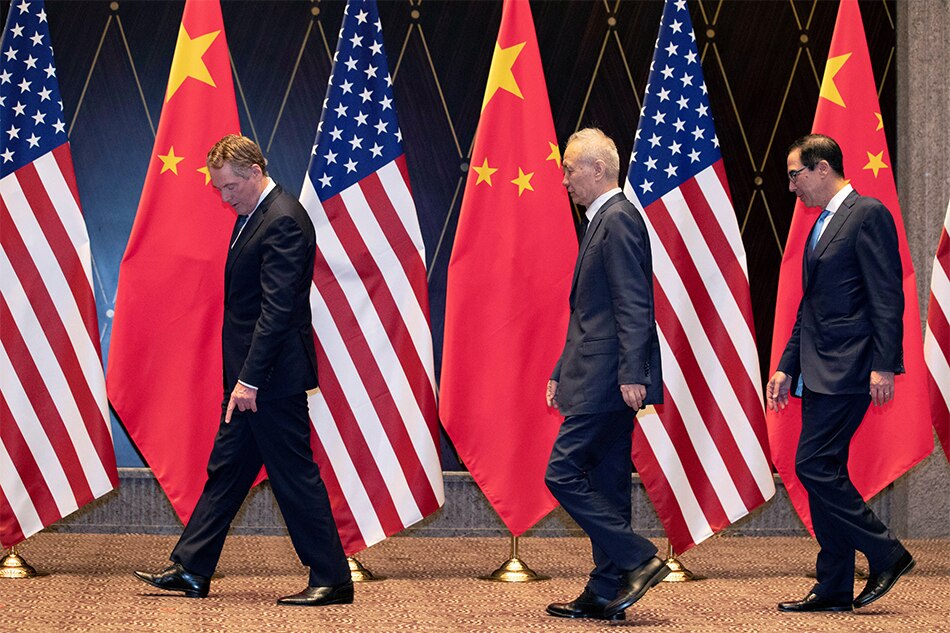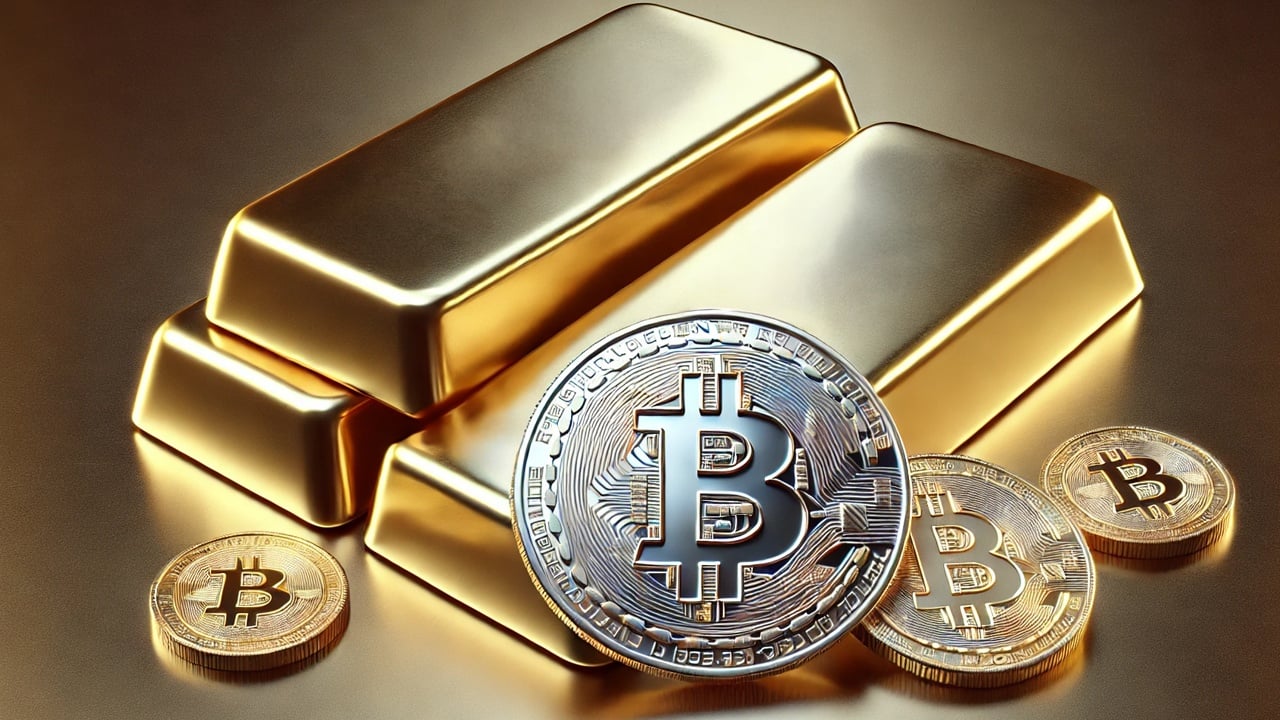Alright folks, buckle up! The world didn’t end, and shockingly, the US and China actually had productive trade talks in Geneva. Seriously! They’ve reached some significant consensus and, get this, actual substantive progress. They’re even setting up a regular dialogue and planning a joint statement today. Finally, a glimmer of hope in that dumpster fire.
Now, let’s talk numbers. Hold onto your hats because the US CPI data for April drops tomorrow. This is huge. Inflation’s still a beast, and this data will heavily influence the Fed’s next moves. We’ve got a packed week, with jobless claims, PPI, and a whole slew of Fed speakers scheduled. It’s gonna be a wild ride.
Speaking of holding, Michael Saylor is at it again! He dropped another cryptic Bitcoin tracker update – “Connect the dots,” he says. Let’s be real, this usually means another massive BTC purchase is incoming. The man’s a believer, and his wallet proves it.
But here’s where things get interesting. Analysts are split on whether we’re actually entering the altcoin season. Some say it’s already here, but the market feels…different. Retail investors are MIA, and traders are flipping coins faster than pancakes. Others are more optimistic, pointing to similar patterns in 2016 and 2020. Personally, I’m cautiously optimistic, but don’t go throwing your life savings into random meme coins just yet!
ETH is absolutely crushing it, currently boasting an 37.01% return for the 18th week of 2025– potentially a record-breaking high! This could be huge for the entire crypto space.
Finally, the SEC is finally waking up and holding a roundtable on tokenization. Huge names from Fidelity, Nasdaq, and Invesco are joining the discussion. It’s about time regulators started recognizing the potential of bringing real-world assets onto the blockchain. It’s a step in the right direction, even if it’s a slow one.
Let’s dive a little deeper into tokenization:
Tokenization, at its core, involves representing ownership rights to an asset – think real estate, stocks, or even art – as digital tokens on a blockchain. This brings immense benefits, including increased liquidity, fractional ownership, and greater transparency.
Traditionally, investing in assets like real estate requires significant capital and involves complex paperwork. Tokenization breaks down these barriers, allowing anyone to invest in smaller portions and trade them easily.
Furthermore, the blockchain’s inherent security features reduce counterparty risk and streamline processes. This is a game-changer for the financial industry.
However, it’s not without challenges. Regulatory clarity is still needed, and security concerns surrounding smart contracts require careful attention.






